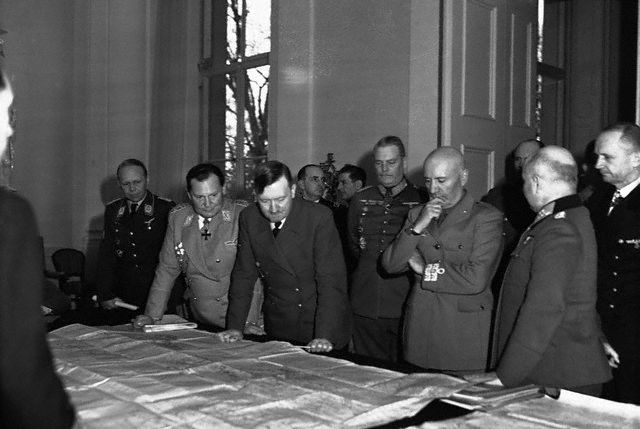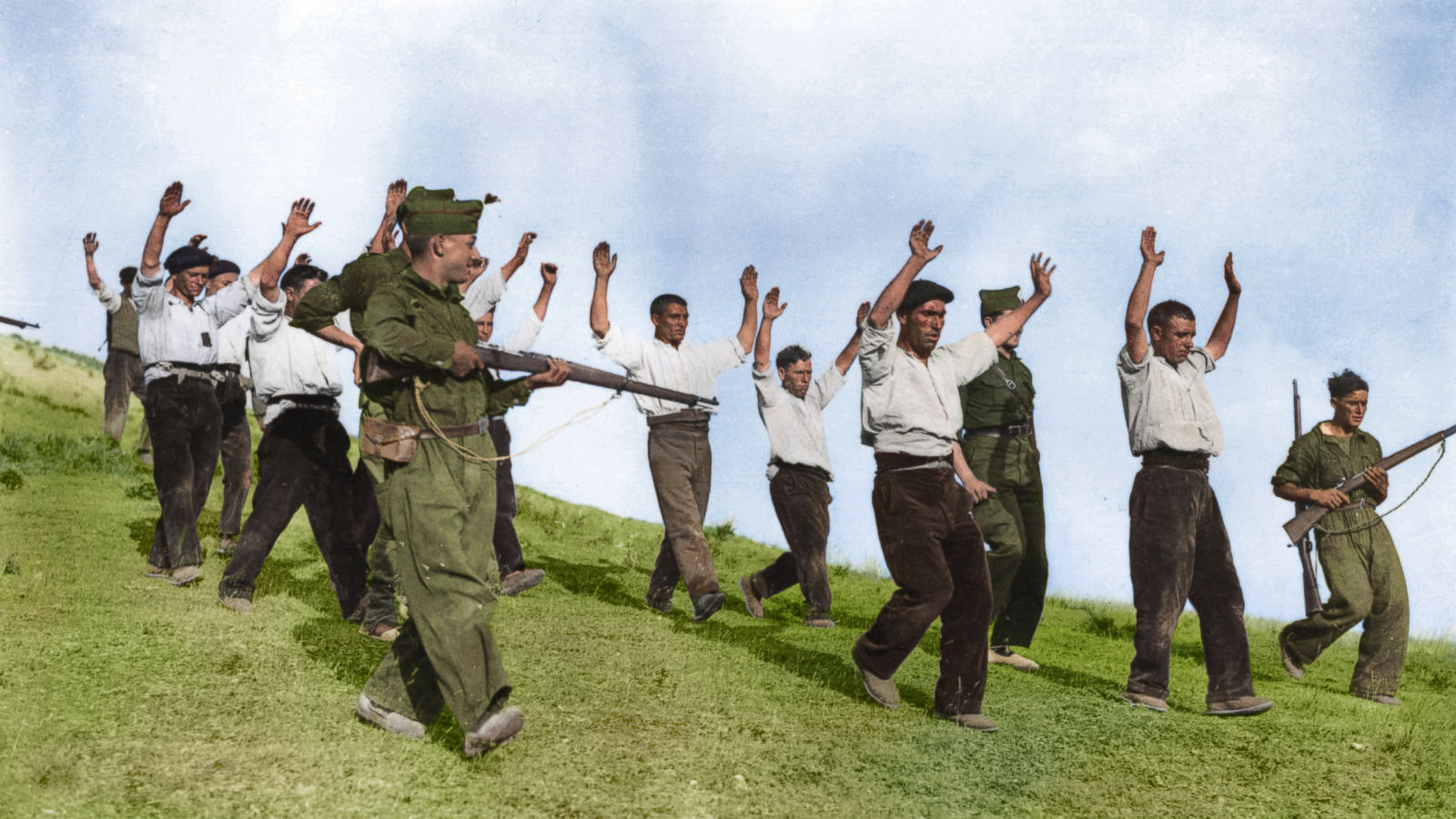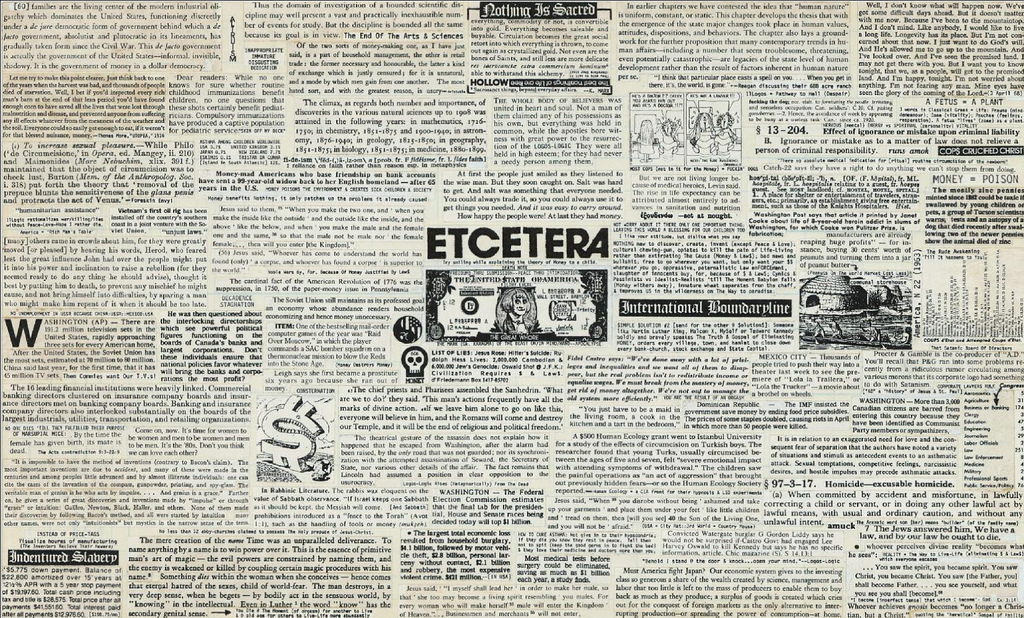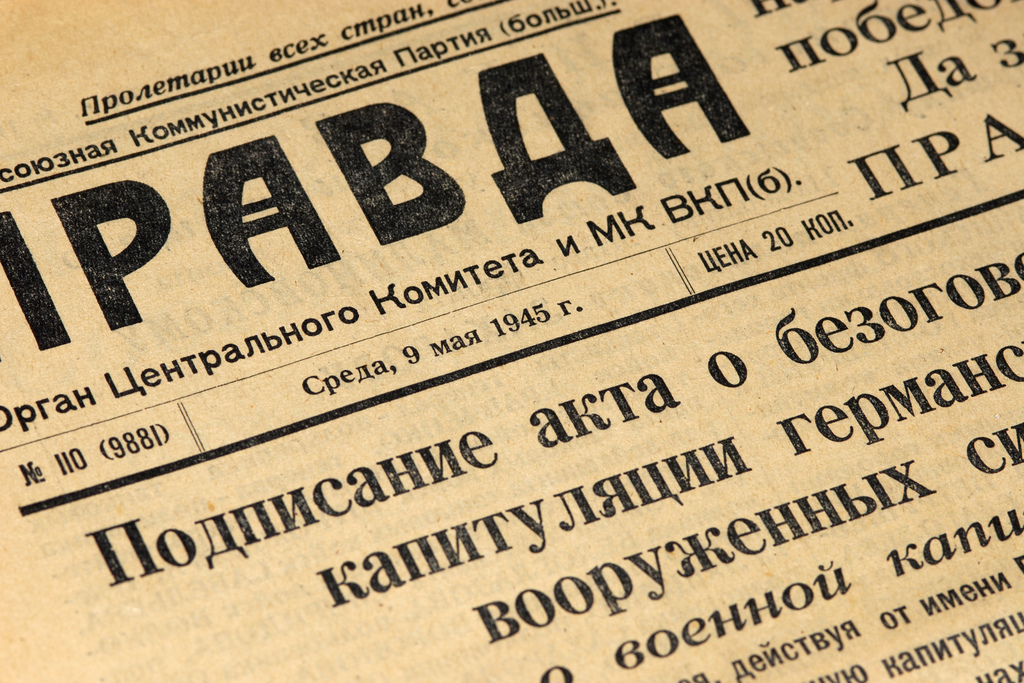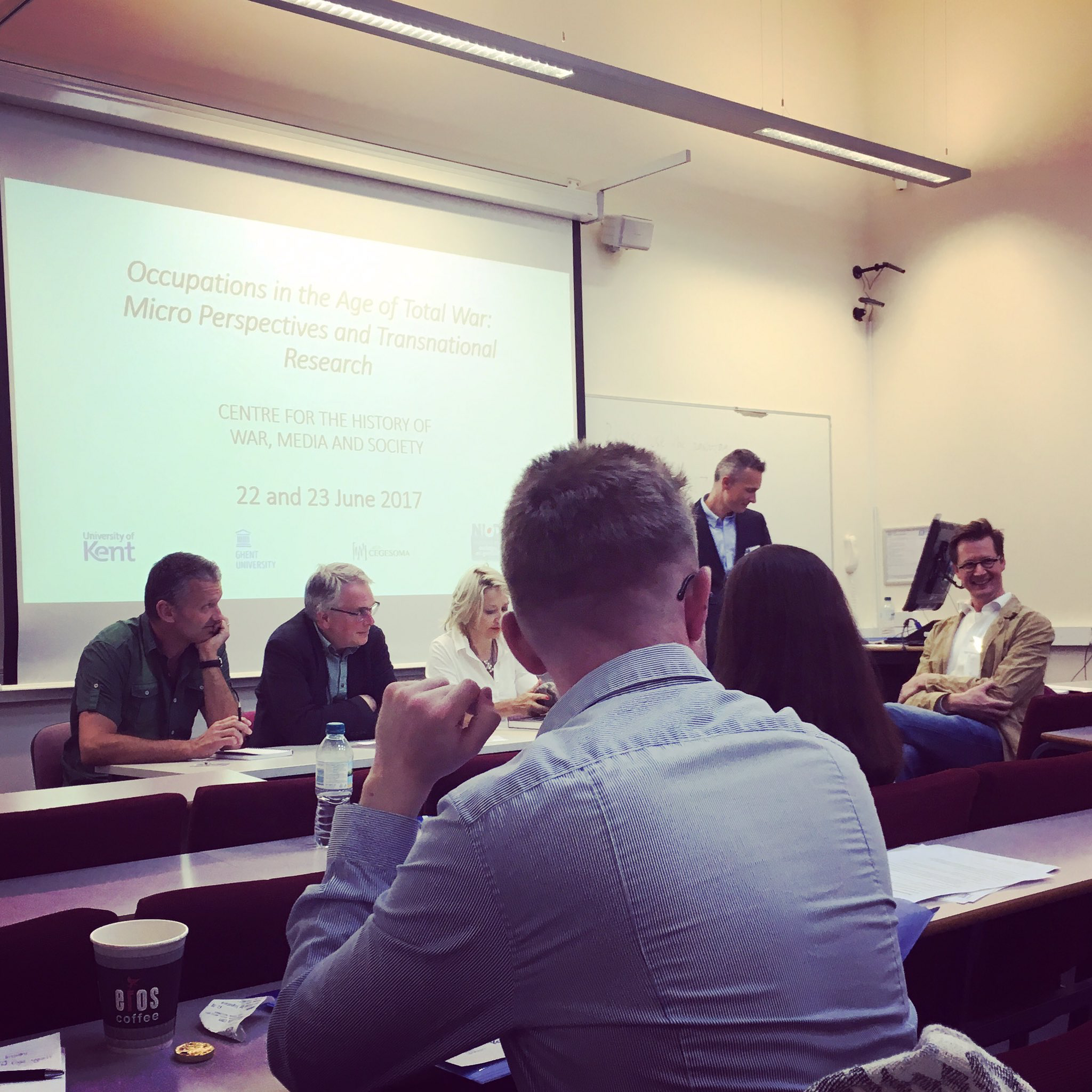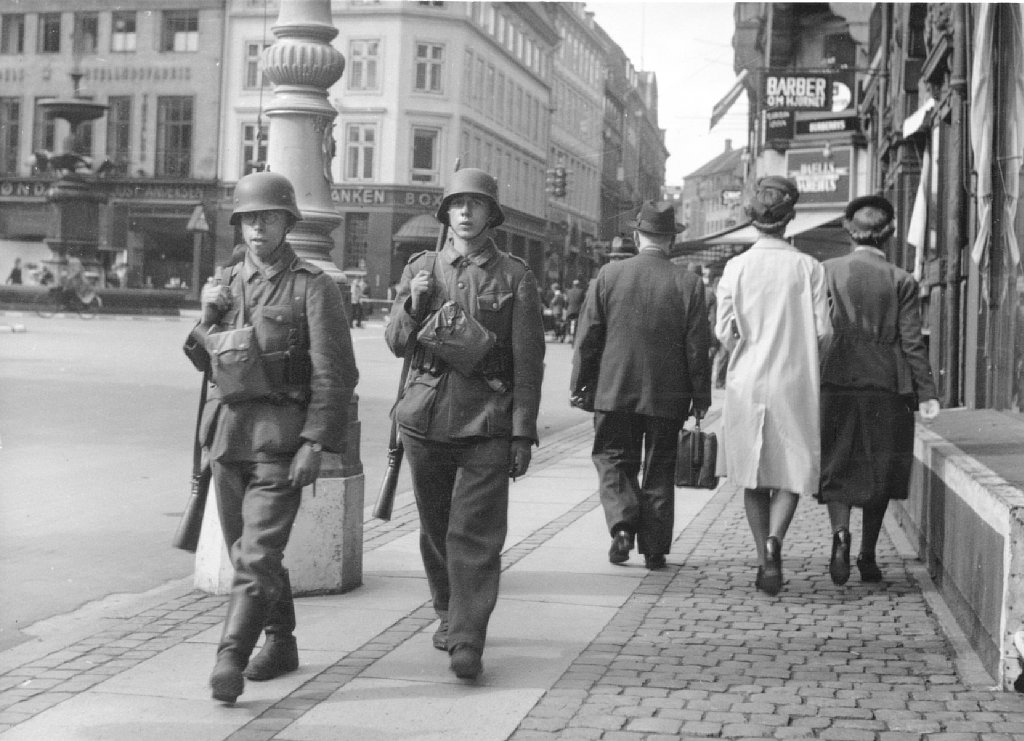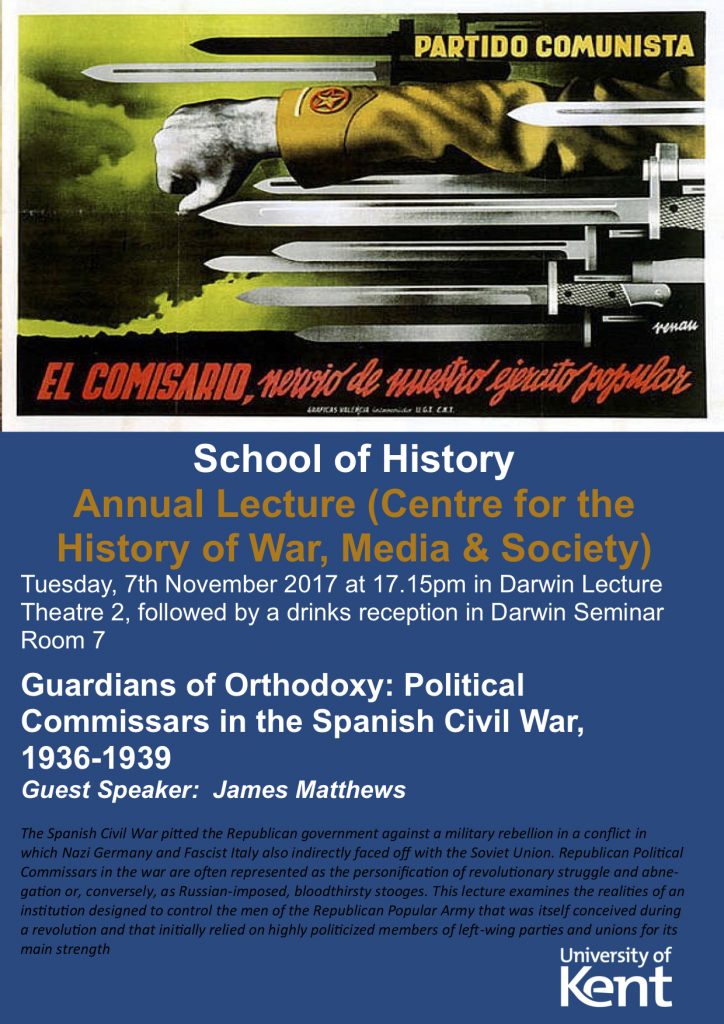Written by Mike Anderson.
Cartography has only become a tool for historical research in the past few years. Traditionally, geography and history have been separated – the old adage ‘geography is about maps, history about chaps’ meant that there were few interdisciplinary crossovers. However, in recent scholarship maps have begun to be viewed as tools to understand the worldview of historical cultures and historical actors in and of themselves. When applied to Nazi Germany, this new perspective on cartographic agency reveals a hitherto largely ignored method of instilling propaganda. This article examines how the portrayal of the conquest of Lebensraum in Eastern Europe in geography classrooms and the Diercke Schulatlas für Höhere Lehranstalten, the most popular German school atlas, eclipsed any scholarly or factual analysis of the area.
Leave a Comment
